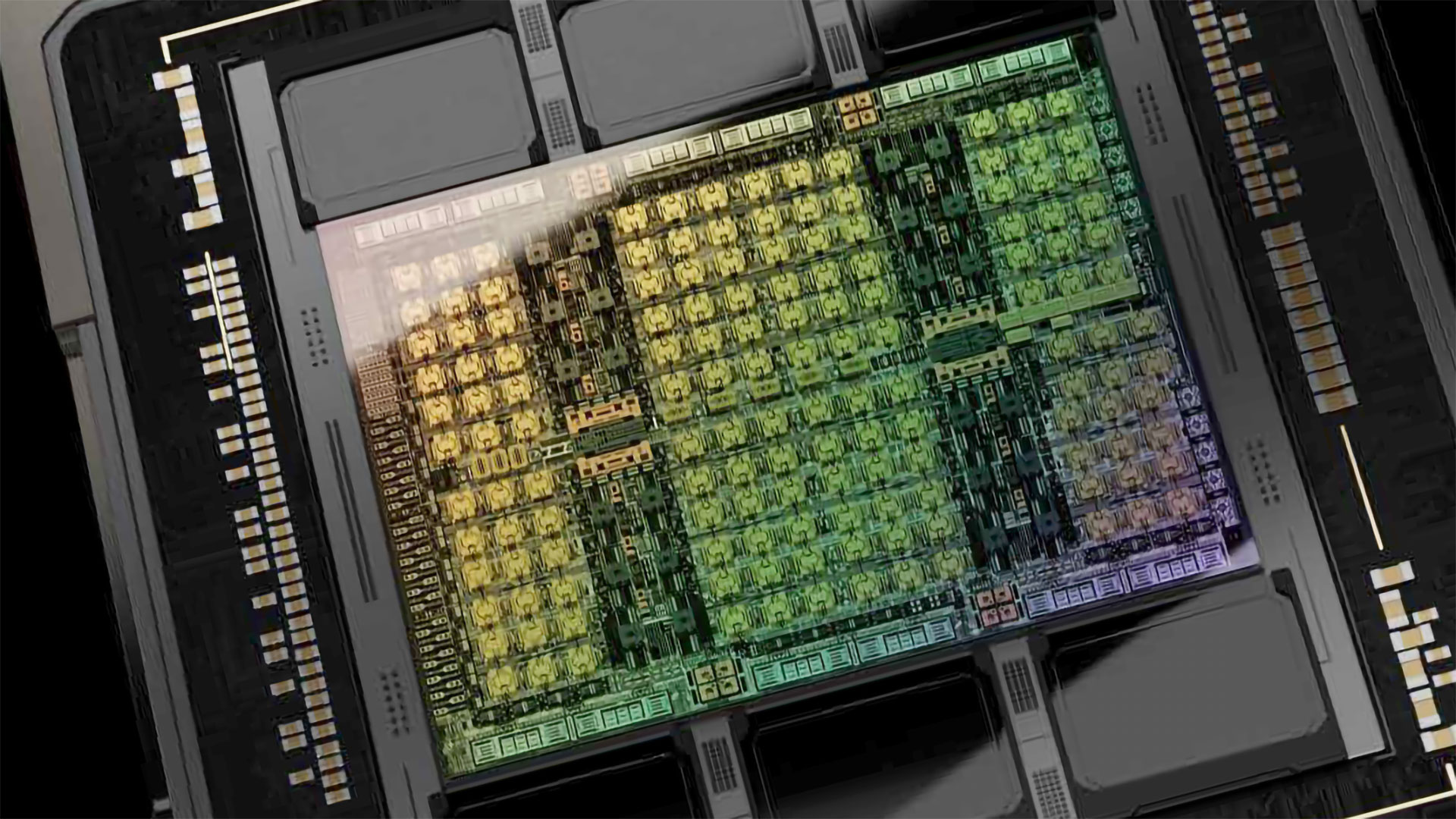
Next week Nvidia will host its GPU Technology Conference (GTC), which is where the company is expected to give developers a sneak peek at its next-generation codenamed B100 GPU for AI and HPC applications, reports Reuters. Nvidia is not expected to start shipments of new products for datacenter and client PCs based on the upcoming Blackwell architecture for some time. But Nvidia is to unlikely miss an opportunity to talk about it at its own GTC conference. Nvidia has not confirmed any plans for Blackwell.
"Don't miss this keynote from Nvidia founder and CEO Jensen Huang," a statement by Nvidia reads. "He will share how Nvidia's accelerated computing platform is driving the next wave in AI, digital twins, cloud technologies, and sustainable computing."
Nvidia itself calls the upcoming keynote by its chief executive and founder Jensen Huang at GTC a "transformative moment in AI," which might be a hint that he will indeed demonstrate capabilities of the Blackwell-based B100 compute GPU at the trade show. Indeed, Nvidia's A100 GPU, which is based on the Ampere architecture, was announced during the keynote of Nvidia's GTC in May 2020. The conference was held virtually due to the COVID-19 pandemic. Nvidia's H100 GPU, which is based on the Hopper architecture, was announced during the keynote address at the GTC in March 2022.
Earlier this year Nvidia gave a sneak peak of B100 performance in a document covering its H200 GPU for AI and HPC. Based on the simplistic performance graph demonstrated by the company showed, we could expect a massive performance uplift compared to existing A100 and H100 GPUs. Performance in AI applications depend on many factors, including the number of parameters, performance of a memory subsystem (which depends on its bandwidth and capacity), code optimization and many others, so for now take performance estimates from Nvidia with a grain of salt.
Nvidia's B100 in particular and Blackwell-based products in general clearly have potential. The new processors are expected to be produced on one of TSMC's N3 (3nm-class) process technologies so Nvidia will be able to increase transistor count (i.e., the number of execution units) and this alone will boost performance of the company's B100 processor. Furthermore, if rumors about Nvidia's B100 are correct and Nvidia opted for a multi-chiplet design, expect a dramatic increase in transistor count and the number of execution units, albeit at the cost of a massive power increase (which is expected to exceed 1,000W).
The next-generation microarchitecture will inevitably increase performance as well. Finally, B100 will use faster memory than H100 and H200, so expect improvements on this front too. In short, with B100 we could see the biggest generation-to-generation performance gain in the recent years of Nvidia's GPUs.







